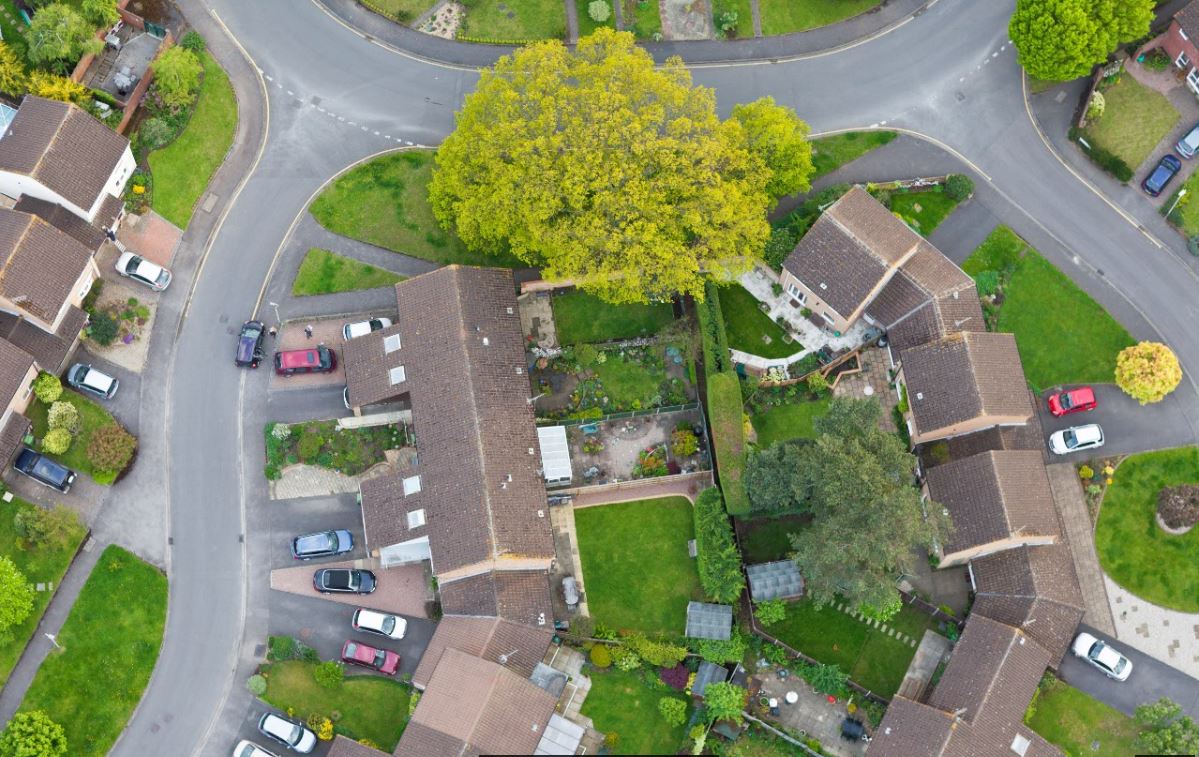So.. what are the Governments proposed updates for community consultations..?

by Amanda Hayward
Following the Governments consultation on the implementation of plan-making reforms, the paper also proposes updates to community consultations. Our planning system allows communities to take a key role in planning, which gives them the opportunity to take an active role in building their areas. The paper takes an overview on the current community engagement and consultation process and looks at areas that need to be updated.
Proposals are in place to speed up the process for preparing a plan, with proposals looking at a set timeframe of 30 months (two and half years). With this timeframe in mind, the paper sets out that planning authorities will have to undertake two periods of public consultation.

Figure 1: Levelling-up and Regeneration Bill: consultation on implementation of plan-making reforms
There will also be a requirement for planning authorities to notify and invite early participation. This will be on matters that may shape the plan and will help to ensure that communities and key stakeholders are able to have their say earlier on in the plan process. It is hoped with this approach that they will be able to play a bigger part in the vision for growth in their areas and be more involved on an ongoing basis.
Currently existing requirements for plan consultations can start later in the plan making process and there are concerns that because communities and key stakeholders are not involved until later, they are sometimes unable to influence key decisions which are made early on.
There are four themes that the consultation proposals are grouped around, these are:
The role of digital..

Under the new proposals digital technologies would be utilised to help engage the whole community during the plan preparation process. This allows plans to be accessible for all the community online to view and to easily leave feedback. A recent survey suggested that 49% of people would be more likely to be involved in decision making if it could be done online.
An increase in digital engagement also has the potential to engage and attract a more representative proportion of the community.
These recommendations will be compiled into a digital toolkit, which will be used to support developers, consultants and the community.
CTA – When developing a comms strategy to ensure that where possible all documents and plans are online and accessible to all. It is also important to consider best practice for collating all online feedback and comments.
Planning and monitoring the engagement approach..
A Statement of Community is currently required by planning authorities, which states how the public and statutory bodies are and will be involved in the development plan and consultation process.
Independent research has however found that many SCI’s are out of date, and can often cause legal compliance concerns.
The new proposed bill will propose to use identified key drivers which they hope will improve the quality of engagement and therefore removing the requirement to prepare a SCI.
Under the new proposals authorities will be asked to outline their approaches to consultation and engagement through a Project Initiation Document. This document will be used by the planning authorities to set out their proposed methods of consultation. This document will be considered at the first gateway assessment, where the plans and consultation approach will be considered and reviewed to ensure that it is on the right tracks.
CTA – Key drivers (to be identified) will be used to prepare a Project Initiation Document which will replace the current SCI requirements.
A focus on early participation..

Often communities and key stakeholders feel they are involved later in the planning process and so their voices can go unheard.
One of the other key focus areas is to ensure that planning authorities ‘notify’ and ‘invite’ communities and key stakeholders early in the proceedings so that their opinions and feedback will help shape the direction of the plan. This revised requirement will with the scoping plan, which will be prior to the commencement of the 30 month process.
It is advised that when identifying participants in the early stages of plan making, along with the local community, invites should also be extended to businesses and relevant statutory bodies within the area.
CTA – Communities and stakeholders will now be involved at an earlier stage in the planning process, so an engagement plan will need to be developed at an earlier stage than previously.
A more standardised approach to consultation..
The proposals set out that there will be two points of formal consultation within the 30 month plan making framework. Planning authorities will be required to carry out two rounds of consultation, the first for a minimum of eight weeks, following the first gateway assessment then the second or a minimum of six weeks, which will be the period before the final gateway assessment.
To ensure that representations are easy for planning authorities to analyse, there will be a series of templates available for planning authorities to use to collect responses. These would follow the new digital themes and would be available online.
These proposals would standardize the consultation process and places a bigger emphasis on the local community being involved in the plans from the start.
By also looking to implement the digital changes and moving to having consultations widely available online, it will hopefully reach all the key stakeholders and residents and enable the whole community to have their say.
CTA – Using a standardised approach, the whole community will be involved in the consultation process and will have a bigger say. It is important that the standardised templates are available and easily accessible for residents so that these can be used efficiently.
As the plans progress it will be interesting to see how these new plans pan out.. we will certainly be keeping an eye on it!





